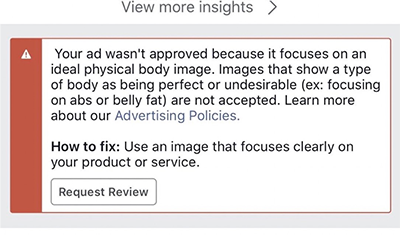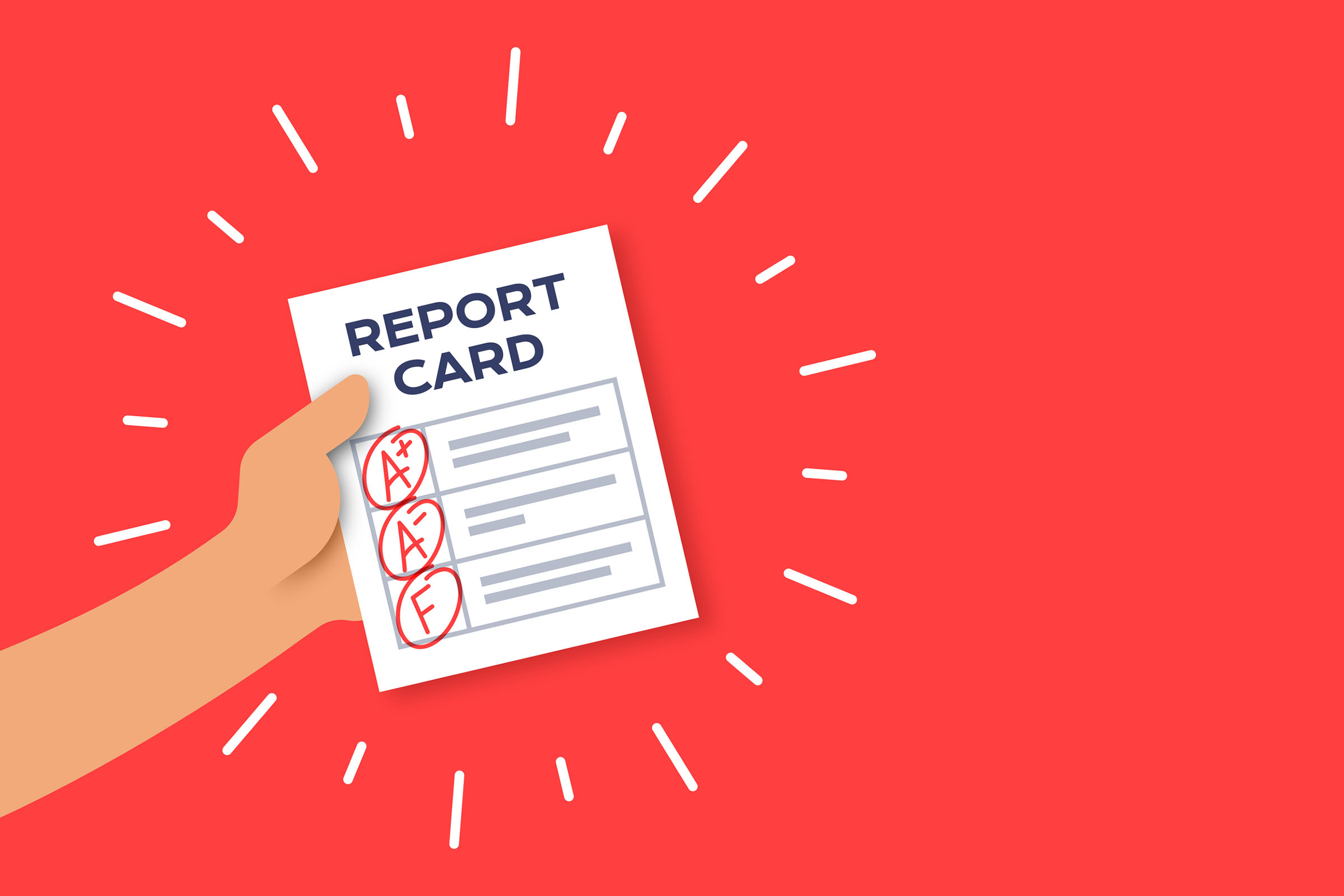It seemed like a wonderful dream come true: An unlimited torrent of information at your disposal, just a click away. As my 90-year-old aunt excitedly described it: “The Internet is like having a genius in your living room!”
But the bloom is off the rose, and new threats to our free access to information are emerging. First, there’s fake news, which I inveighed against in an article last year: “Why most health news is fake news”. There I wrote:
“Most of all, health writers and science journalists bear responsibility for these excesses. They don’t know how to critically evaluate studies; many have meager scientific backgrounds, and they no longer conform to journalistic standards . . . They’re also under-the-gun to generate clicks at the expense of nuanced facts, and they’re time-pressured, so it’s easy to simply crib pre-masticated press releases from journals and university public relations departments rather than formulate original stories.”
The solution, according an op-ed in the New York Times, is censorship. In a piece entitled “Dr. Google is a liar” cardiologist Haider Warraich opines:
“While misinformation has been the object of great attention in politics, medical misinformation might have an even greater body count. As is true with fake news in general, medical lies tend to spread further than truths on the internet — and they have very real repercussions.”
Fair enough, but what constitutes fake news according to this self-appointed gatekeeper of Medical Truth? Highlighted among heresies that shouldn’t be promulgated is statin denialism—the belief that the benefits of cholesterol lowering drugs have been over-promoted.
For the record, I occasionally prescribe statins, but only after a thorough evaluation of their risks and benefits lead me to conclude that they’re the only option for an at-risk patient. (See my article “You should get a second opinion on statin use—and here’s why”.)
Dr. Warraich says that statins “have been targeted online by a disparate group that includes paranoid zealots, people selling alternative therapies and those who just want clicks. Innumerable web pages and social media posts exaggerate rare risks and drum up unfounded claims, from asserting that statins cause cancer to suggesting that low cholesterol is actually bad for health.”
I guess I would qualify as one of those “zealots” in Dr. Warraich’s view. Maybe her opprobrium should instead be directed towards the authors of a study in the mainstream Annals of Internal Medicine, who found that current guidelines for eligibility for statins might lead to them being overprescribed. According to an article by a medical consumer advocacy group, the Medshadow Foundation, “ . . . the harms of the drug outweigh the benefits until a patient’s risk is much higher than the 10% threshold cited in the US guidelines . . . only 15% to 20% of older adults should be taking statins, much less than the 40% under the current guidelines.”
Nevertheless, Dr. Warraich believes that Silicon Valley needs to shut down these sources of what she deems misinformation: “ . . . when human health is at stake, perhaps search engines, social media platforms and websites should be held responsible for promoting or hosting fake information.”
But who’s to be the arbiter of truth in medicine? Contrary to the notion that it’s “settled science,” medicine is a dynamic field, beset by controversies. The medical orthodoxies of a mere few years’ past seem quaintly obsolete by today’s standards.
If you think censorship isn’t already happening, consider the case of GreenMedInfo. They recently were booted off Pinterest for posting articles critical of vaccines.
Let me state that I’m not an “antivaxxer,” but like many responsible physicians and (admittedly a minority) of scientific researchers, legitimate concerns remain about the safety and effectiveness of the profusion of vaccines that we’re now being encouraged to take in the name of public health.
I recently contributed to an excellent documentary “Manufactured Crisis—HPV, Hope and Horror” that raises questions about our current headlong rush into universal vaccination of pre-teens.
While the documentary remains on the Internet, I strongly suspect that there’s some “shadow-banning” going on—a deliberate effort to throttle down its accessibility via social media. And now with the Pinterest precedent, and the emergence of fake medical news vigilantes like Dr. Warraich, things are likely to get worse.
Facebook even once weirdly blocked one of my promoted posts about the causes of obesity with this message:

What’s left? Look it up on Wikipedia, a democratic “open-source” agora of authoritative information? But something rather sinister is happening there, too.
Alliance for Natural Health International recently reported:
“We believe that organized skeptic groups are actively targeting Wikipedia articles that promote natural, non-drug therapies with which they disagree. Right in their cross-hairs is content that contests mainstream healthcare’s cherished, but deeply flawed (in our and many others’ views) ‘calorie in, calorie out’ theory of obesity and the cholesterol (or lipid) hypothesis relating to heart disease. The new trick of these editors is to rewrite or entirely remove pertinent information from such articles or, worse still, delete entire articles altogether.”
The word for it is deletionism. Not to sound paranoid, but a long-standing entry describing me and my professional career recently vanished from Wikipedia. Coincidence?
That’s why we need to remain vigilant. There are powerful forces marshaling to limit our health freedom. As modern China amply illustrates, it is now fully within the power of governments to harness sophisticated technology to deny citizens free access to information. 2019 might be a watershed year for access to natural medicine options.
Join the Alliance for Natural Health to stay abreast of the latest threats to your right to choose.








